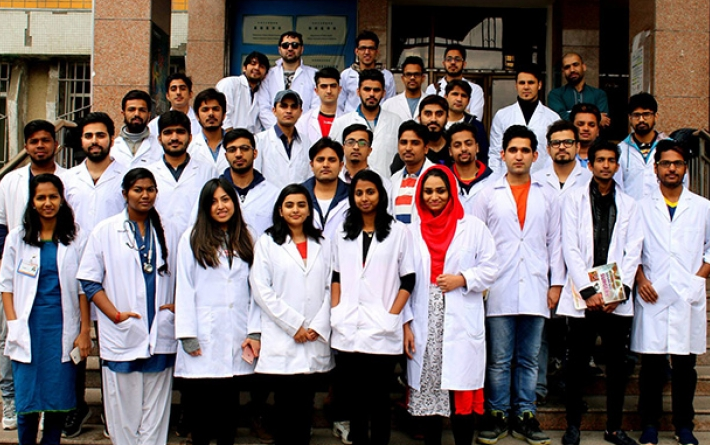Health Ministry announces 27% reservation for OBCs, 10% for EWS in national quota medical seats
Health Ministry announces 27% reservation for OBCs, 10% for EWS in national quota medical seats
The Union Health Ministry has announced 27% reservation for the OBCs (Other Backward Classes) and 10% quota for the Economically Weaker Sections (EWS) in the All India Quota (AIQ) scheme for undergraduate (UG) and postgraduate (PG) medical / dental courses (MBBS / MD / MS / Diploma / BDS / MDS) from 2021-22 onwards.
This decision, it said, would benefit every year nearly 1,500 OBC students in MBBS and 2,500 such students in postgraduation and around 550 EWS students in MBBS and around 1,000 such students in postgraduation.
The AIQ was introduced in 1986 under the directions of the Supreme Court to provide for domicile-free merit-based opportunities to students from any State to aspire to study in a medical college located in another State. It comprises 15% of UG seats and 50% of PG seats in government medical colleges.
In 2007
Initially, there was no reservation in the AIQ up to 2007. That year, the Supreme Court introduced the reservation of 15% for SCs and 7.5% for STs in the scheme.
When the Central Educational Institutions (Reservation in Admission) Act became effective in 2007, providing for uniform 27% reservation to the OBCs, the same was implemented in all the Central Educational Institutions viz. Safdarjung Hospital, Lady Harding Medical College, Aligarh Muslim University and Banaras Hindu University etc. However, this was not extended to the AIQ seats of State medical and dental colleges.
“The OBC students from across the country shall now be able to take the benefit of this reservation in AIQ to compete for seats in any State. Being a Central scheme, the Central List of OBCs shall be used for this reservation. Around 1,500 OBC students in MBBS and 2,500 in postgraduation will be benefited through this reservation,” said the Ministry in a release.
In the last six years, MBBS seats in the country have increased by 56%, from 54,348 seats in 2014 to 84,649 seats in 2020, and the number of PG seats by 80%, from 30,191seats in 2014 to 54,275 seats in 2020. In the same period, 179 new medical colleges have been established and now the country has 558 (govt 289, pvt. 269) medical colleges.

